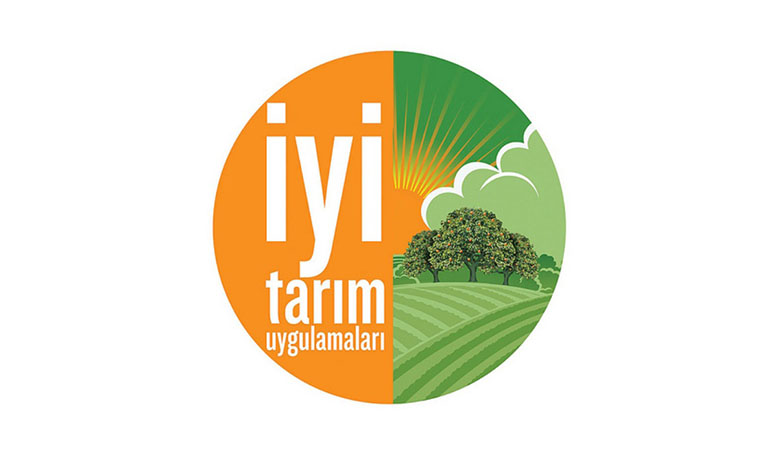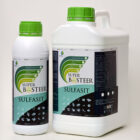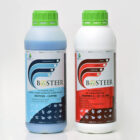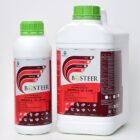Along with the fast paced life required by our age, the increasing income level and education level have increased the importance of safe food consumption. Consumers have come to want to be sure of the safety of all food products they buy, especially the agricultural products they directly consume. With this awareness, the need to establish certain systems and standards has become inevitable in order to provide consumers with a guarantee that both agricultural products and processed foods are produced safely.
For this purpose, the World Trade Organization (WTO) has created an agreement that includes regulations on food safety in order to protect international standards on “Animal and Plant Health” in foreign trade of agricultural products. The first of the Sanitary and Phytosanitary Measures (SPS Agreement) means Hazard Analysis and Critical Control Points (HACCP) in food, and the other means “Good Agricultural Practices (GAP)” to be applied in agricultural production. It is the GAP (Good Agricultural Practices). The World Food Organization (FAO) has also worked on the principles of Good Agricultural Practices (GAP). Finally, the big retailers in the European Union countries came together to form the European Retailers Product Working Group (EUREP) and in 1999 they prepared the EUREPGAP (European Retailers Product Working Group Good Agricultural Practices) Protocol on the principles of good agricultural practices in fresh fruit and vegetables.
These progress efforts of the countries that pioneered agriculture in the world made it necessary to follow and implement various internationally accepted standards in Turkey as well. Our country has an extremely advantageous position for agricultural production with its climate, soil and water conditions. On the other hand, our producers’ production with inherited production techniques and, accordingly, their reluctance to receive technical service have created some problems in our agricultural production. In particular, unconscious pesticide applications have caused us to experience residue problems in our agricultural product exports. It is of great importance for the future of our country’s agriculture that the “Good Agricultural Practices” conditions in our country are adopted, correctly applied and enforced by all sector employees, especially our agricultural consultants. Thanks to the developments in Good Agricultural Practices, all of our agricultural production and exports, especially our fruit and vegetable production, will have the chance to compete in the domestic and foreign markets. While safe products are offered to the foreign market, it will be ensured that the people of our country consume healthy and reliable products. The necessary progress of our country on Good Agricultural Practices will be possible with the training and informing of agricultural engineers and producers working in the profession.
Good Agricultural Practices (GAP) is defined by FAO as “the processes that must be applied to make the agricultural production system socially viable, economically profitable and efficient, protecting human health, giving importance to animal health and welfare and the environment”. The aim of Good Agricultural Practices is to produce that will not harm human health and the environment. For this, ITU recommends the application of Integrated Pest Management (IPM) and Integrated Crop Management (ICM) techniques together in production.
Hazard Analysis and Critical Control Points (HACCP) principles are used to ensure hygienic conditions in post-production harvesting and storage and to prevent any contamination of the product.
With Good Agricultural Practices, quality in agricultural production, the environment in which agricultural production is made and the welfare of the workers in production are also taken into consideration;
ISO 9001 Quality Management System,
ISO 14001 Environmental Management System,
OHSAS 18001 Occupational Health and Safety Management System standards are also used.
Thus, the product obtained in accordance with the conditions of good agricultural practices does not contain chemical, microbiological and physical residues harmful to human health; it is produced without polluting the environment and harming the natural balance; during its production, humans and other living things are not adversely affected; It is guaranteed with the document that it is produced in accordance with the agricultural legislation of the countries where it is produced and consumed.




